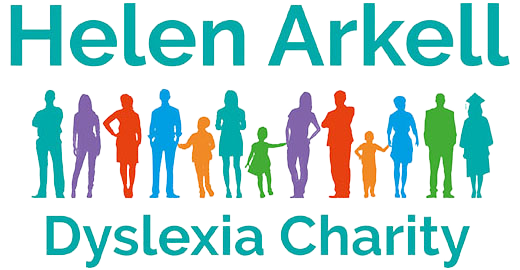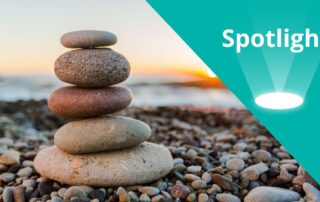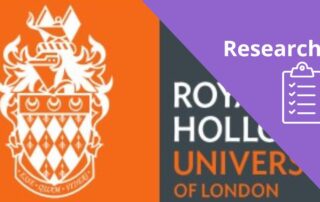New Spotlight on Mindfulness!
New Spotlight webinar on Tuesday 28 November at 6pm.
Join us to find out from expert Natalie Diamond about Mindfulness, Cognitive Hypnotherapy and Neuro Linguistic Programming and to understand how they can help self-esteem and confidence, especially with dyslexia.
The webinar will include practical tips and techniques that can be used every day to build confidence and create a positive self-image.
If you can’t join live, recordings will be sent out.
Book here.






